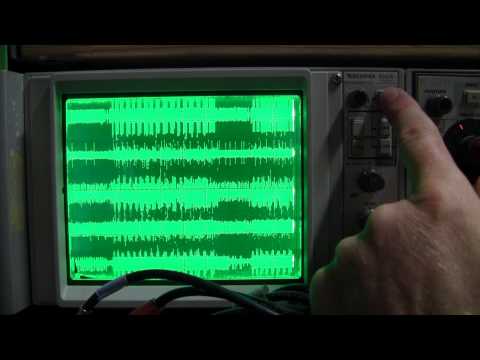Why our Open Data project worked,
(and how Decorum can allay our fears of Open Data).
I am honored to Guest Post on Björn’s blog and excited about the interest in our work from Björn’s response to Dorothy Bishop’s first post. As corresponding author on our paper, I will provide more context to our successful Open Data experience with Björn’s and Casey’s labs. I will also comment on why authorship is an important component to a decorum that our scientific society needs to set to make the Open Data idea work (an issue raised on Dorothy Bishop’s post).
It was my idea to credit Björn and Casey with authorship after Casey explained to me that they had not yet completed their own analyses of these genomes. Casey suggested we respect the decorum previously set by genome sequencing centers providing early release of their sequencing data: the genome centers reserve a courtesy to be the first to publish on the data. Trained as a genomicists, I was aware of this decorum, hence my offer to collaborate with B&C as authors. I viewed their data as highly valuable as a precious antibody or mutant organism, which if not yet published, is a major contribution that the original creators should receive credit for providing.
Open Data Sharing worked because an honor code existed between all of us scientists. It is not because I don’t have tenure yet do I choose to respect B&C’s trust in the Open Data idea. I could have easily been an A**hole and published our analyses without crediting B&C with authorship. I already downloaded the data, and our work was well underway. In addition, Björn offered to only be acknowledged without authorship. However, I believe that scenario would add fodder to the fear of Open Data Sharing, and good will, such as authorship, is what we sorely need in our hyper-competitive enterprise. Finally, I believe good will encouraged B&C to provide us further crucial insight that greatly improved our paper.
Our Open Data effort is also a counter-example to the fear that Open Data will expose our mistakes. Our study examined many other Drosophila genomes sequenced by other labs besides B&C’s data. We shared our findings with other labs before writing our manuscript, enabling one lab to tweak their study in a better direction. This lab thanked us personally for our keen eye; and noted that our help with re-examining data repositories, an often thankless effort, turned out to be critical for them and they commended us for doing so. Thus, the “win-win” of Open Data Sharing can be truly far-reaching.
That being said, the Open Data Sharing movement needs to develop decorum, akin to laws and culture values providing decorum to make Capitalism and Open Society work. For example, absence of decorum allows a good thing like Capitalism to be perverted (i.e. worker abuse, cartels, insider trading, Donald Trump).
With Open Data, the lack of decorum can lead to misunderstanding and animosity in our scientific society. Take the Twitter firestorm of the YG-MS-ENCODE controversy. A young scientist could see this as another cautionary tale against Open Data Sharing.
I am unaware if our scientific society has a decorum yet for best practices with Open Data, and it is a worthy debate on whether Twitter or private email is the best way to communicate early Open Data analyses. With decorum on Open Data Sharing in place, I believe we can reduce the antagonism and paranoia that shrouds our current high-stakes scientific climate like how greenhouse gases shroud our planet. Unchecked, we will doom ourselves and our fields of study.
In closing, our experience shows how Open Data Sharing is a tremendous concept all scientists should embrace and promote against the naysayers. I am looking forward to more Open Data inspired research coming from my lab in the future.
Nelson Lau, Ph.D.
nlau@brandeis.edu
Assistant Professor – Biology
Brandeis University
415 South St, MS029
Science Receiving
Waltham MA 02454, USA
Ph: 781-736-2445
https://www.bio.brandeis.edu/laulab















Comments are closed.